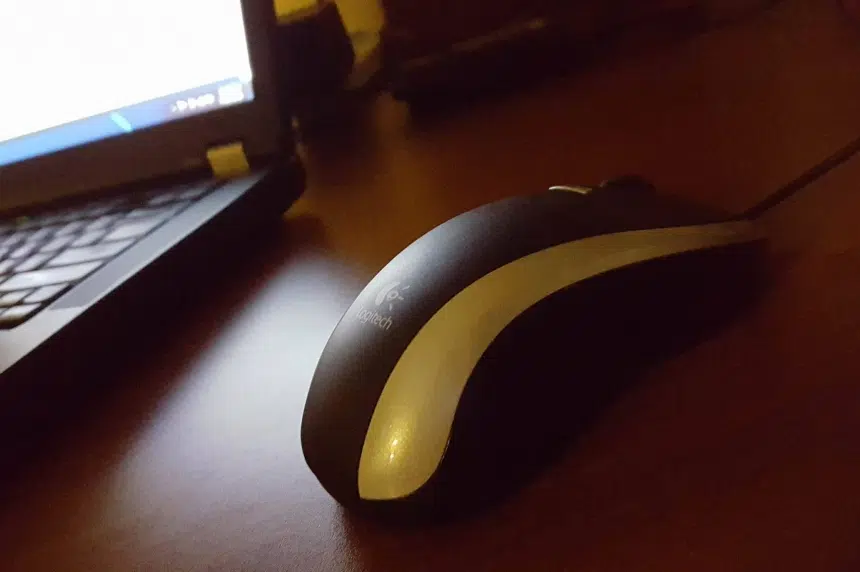In the past year, tens of thousands of people in Saskatchewan were caught downloading Dexter and pirating Paranormal Activity.
SaskTel said it sent out about 30,000 copyright infringement notices in that time.
When a copyright holder detects someone illegally downloading their materials, they can sometimes find the downloader’s IP address and then trace that IP back to the service provider. When a copyright holder contacts SaskTel, the company is legally required to forward the holder’s notice of alleged infringement to the customer.
“We do not provide the name of the customer back to the copyright holder; we simply pass on the copyright holder’s information and that we had received notification. We also provide the customer with direction to remove or delete any unauthorized copies of the infringing property from their computer or other systems,” explained Michelle Englot, a spokesperson with SaskTel.
If SaskTel were to get a court order for the customer’s name, it would have to pass that information on. Englot said the Crown corporation did get a court application in the summer of 2018 but the company didn’t have the records requested anymore.
So at this time, SaskTel hasn’t ever given out customer information to a rights holder.
SaskTel even makes a point of telling customers, at the bottom of those notices, that “no personal information will be provided to copyright holders without a court order,” according to one notice provided to 980 CJME.
Lawsuits against regular people accused of pirating content online aren’t unheard of in Canada. Over the past year, thousands of Canadians have been named in lawsuits over pirating movies, reportedly including suits against 3,400 people recently filed by a law firm in Toronto on behalf of a U.S. production company.
Access Communications didn’t comment in time for this story, but it also forwards copyright notices from rights holders. In those notices, the company said it keeps the incident on file for six months.







